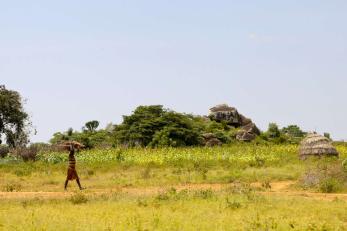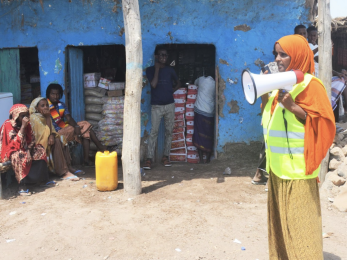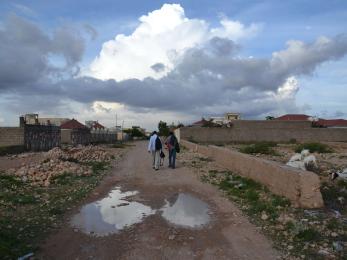Adapting in Adversity

Countries characterised as fragile and conflict-affected situations (FCS) are often highly susceptible to the impacts of the climate crisis. Many of these nations are geographically exposed to severe and persistent climate hazards, and the same characteristics that define them as fragile- weak institutions, poor governance, and conflict - also impede their ability to cope with and adapt to these shocks.
The extent to which fragility inhibits climate adaptation has received relatively little attention in global discussions and research. To address this gap and contribute to the evidence base, we conducted rapid, practitioner-focused research to understand how the characteristics of fragile and conflict affected situations impact climate adaptation, and the innovative strategies our teams are implementing to address these challenges. While fragile and conflict-affected contexts do present unique challenges to adaptation solutions, those on the frontlines of the climate crisis are already overcoming these barriers.
Adapting in Adversity draws on the perspectives of Mercy Corps country and programme teams implementing climate adaptation strategies in FCS. This report identifies emerging lessons and promising approaches to guide bilateral donors and implementing partners in delivering effective adaptation interventions in fragile and conflict-affected situations.

